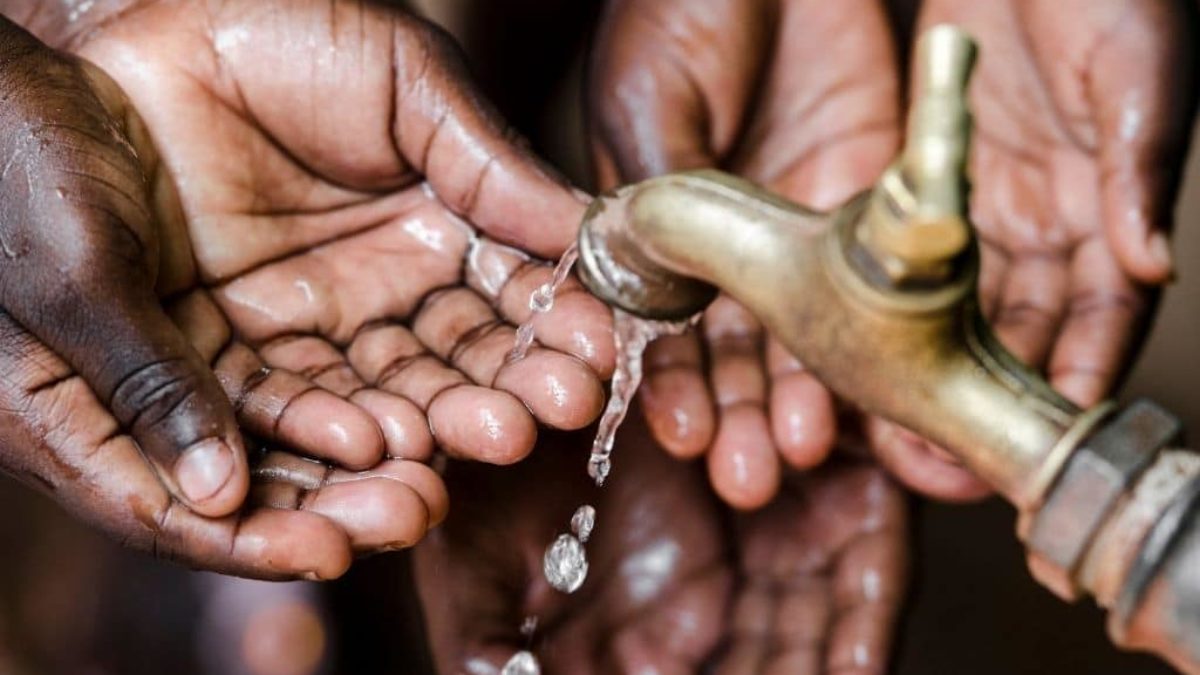


 3:29:5
3:29:5  2023-10-02
2023-10-02  1533
1533

Water solutions
Reality Of Islam |
|

Labor short

A new ultra

Batteries p
 9:3:43
9:3:43
 2018-11-05
2018-11-05
10 benefits of Marriage in Islam
 7:5:22
7:5:22
 2019-04-08
2019-04-08
benefits of reciting surat yunus, hud &
 9:45:7
9:45:7
 2018-12-24
2018-12-24
advantages & disadvantages of divorce
 11:35:12
11:35:12
 2018-06-10
2018-06-10
 6:0:51
6:0:51
 2018-10-16
2018-10-16
 6:14:3
6:14:3
 2023-01-18
2023-01-18
 3:43:50
3:43:50
 2022-11-05
2022-11-05
 1:34:8
1:34:8
 2022-02-01
2022-02-01
 11:11:59
11:11:59
 2023-02-01
2023-02-01
 11:34:48
11:34:48
 2022-06-29
2022-06-29
 8:19:41
8:19:41
 2018-06-21
2018-06-21
 10:43:56
10:43:56
 2022-06-22
2022-06-22
 5:41:46
5:41:46
 2023-03-18
2023-03-18
| LATEST |